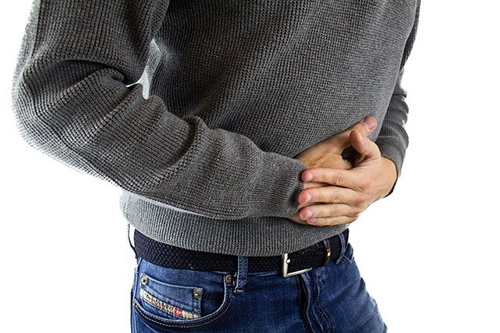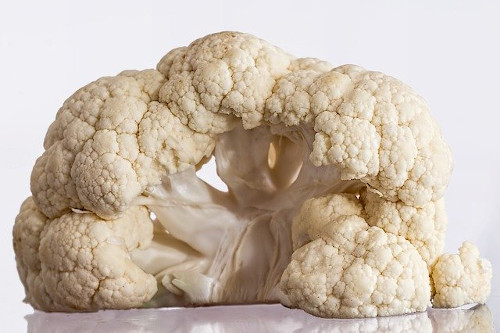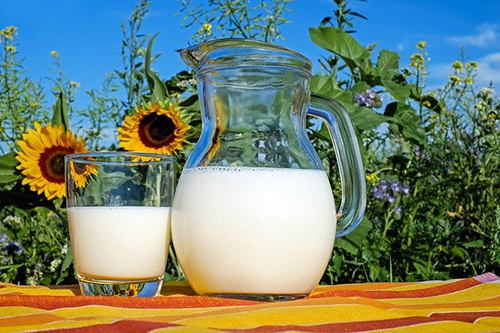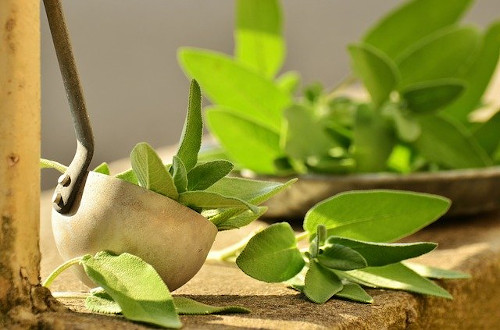Contents
Before getting into the foods that cause flatulence, let’s learn more about this condition. Excessive flatulence is just a fancy name for excess intestinal gas, which causes intestinal spasms and abdominal distension. Intestinal gas comes from two sources: air that is swallowed while eating and naturally produced by the bacteria of the intestinal flora. Excess gas tends to be the result of:

- Disbacteriosis or disturbance of the flora, which may be corrected by simple dietary means.
- Abundant consumption of fiber-rich plant-based foods: flatulence can be more or less annoying but is not threatening. Unlike the smelly flatulence resulting from intestinal putrefaction from consuming meat and other animal proteins, these gases tend to be odorless. Slowly increasing the consumption of fiber-rich foods and abiding by simple culinary models spontaneously is a flatulence treatment.
- Swallowing air due to stress or anxiety, mainly when eating.
In addition to the foods described, charcoal is very effective in reducing intestinal flatulence. The charcoal obtained from the beech tree wood is excellent in combating intestinal fermentation, gas, colitis, and diarrhea due to its powerful adsorbent and disinfectant properties. The bark contains high amounts of tannin. It has astringent, vermifuge, and invigorating properties. It is an excellent remedy against the foods that cause flatulence.
Foods That Cause Flatulence
FIBER: Excess fiber is one of the main foods that cause flatulence. When the amount of fiber-rich foods (fruits, legumes, vegetables, bran, etc.) is increased, it must be done incrementally rather than precipitously to allow the intestinal flora time to adapt. This reduces the flatulence effect of fiber.
LEGUMES: The flatulent effect virtually disappears if legumes are soaked in boiling water without salt and their skin is removed.

VEGETABLES: These contain cellulose and indigestible carbohydrates that are acted upon by certain bacteria in the large intestine. These transform the carbohydrates into gas. Cabbage, cauliflower, broccoli, leeks, and artichokes are the most gas-producing foods. Chewing them well and reducing other fiber sources in the same meal reduces their flatulent effect.
BREAD: Improperly baked white bread is on the list of foods that cause gas and bloating since a portion of the starch reaches the large intestine undigested. There, it is acted upon by intestinal bacteria, which transform the starch into carbohydrates and various gases.
PASTA: An excess of pasta, mainly if it has not been well cooked and chewed well, may cause flatulence for the same reason as bread.

MILK: Milk can produce gas and intestinal fermentation in cases of lactose intolerance, which is more common than usually believed. Yogurt and cheese are better tolerated since they contain less lactose.
Foods That Prevent Gas
SPROUTS: Grain and legume sprouts, including alfalfa, contain enzymes that facilitate the digestion of carbohydrates and proteins, thus preventing the microbiotic fermentation that results in intestinal gas.

AROMATIC HERBS: Most aromatic herbs are carminative (tend to reduce intestinal gas formation and aid in expulsion). Infusions of anise, mint, sage, and fennel are great foods that prevent gas.

YOGURT: Yogurt is among the top foods that don’t cause gas and bloating. Yogurt generally and biotic yogurt in particular (which contains live bacteria) normalize the intestinal flora. This helps prevent the gas-producing fermentation caused by certain pathogenic intestinal bacteria in the large intestine.
PERSIMMON: Persimmon pulp contains mucilage and tannins that help reduce intestinal inflammation and prevent the spasms and cramping associated with excess gas. Persimmon is an excellent addition to the list of foods that don’t cause gas. The ripest persimmons contain less astringent tannin but still provide soothing and anti-inflammatory effects within the digestive system.
Top Products That Treat Flatulence
DISCLAIMER: All content on this website is presented solely for educational and informational objectives. You should not rely on the information provided as a replacement for advice, diagnosis, or treatment from a qualified medical expert. If you are pregnant, nursing, or have any preexisting medical concerns, you should talk to your doctor before using any herbal or natural medicines.
REFERENCES
- George D. Pamplona-Roger, M.D. “Encyclopedia of Foods and Their Healing Power.” George D. Pamplona-Roger, M.D. Encyclopedia of Foods and Their Healing Power. Trans. Annette Melgosa. Vol. 2. Chai Wan: Editorial Safeliz, 2005. 216.[Foods that prevent gas]
- George D. Pamplona-Roger, M.D. “Encyclopedia of Medicinal Plants.” George D. Pamplona-Roger, M.D. Encyclopedia of Medicinal Plants. Ed. Francesc X. Gelabert. 2 vols. San Fernando de Henares: Editorial Safeliz, 2000. 502. Print.[Foods that cause flatulence]
- National Institutes of Health: https://www.niddk.nih.gov/about-niddk/research-areas/digestive-diseases
- Mayo Clinic: https://www.mayoclinic.org/diseases-conditions/gas-and-gas-pains/symptoms-causes/syc-20372709
